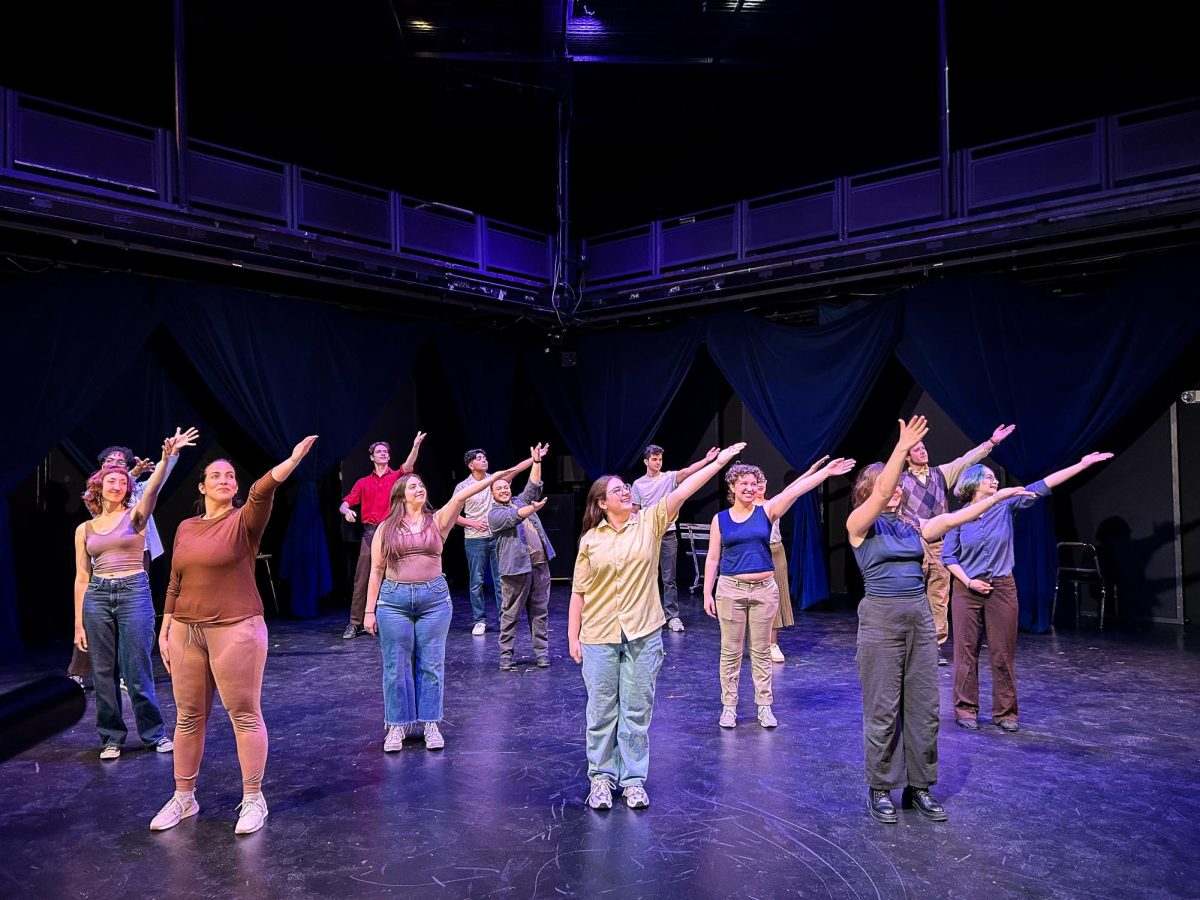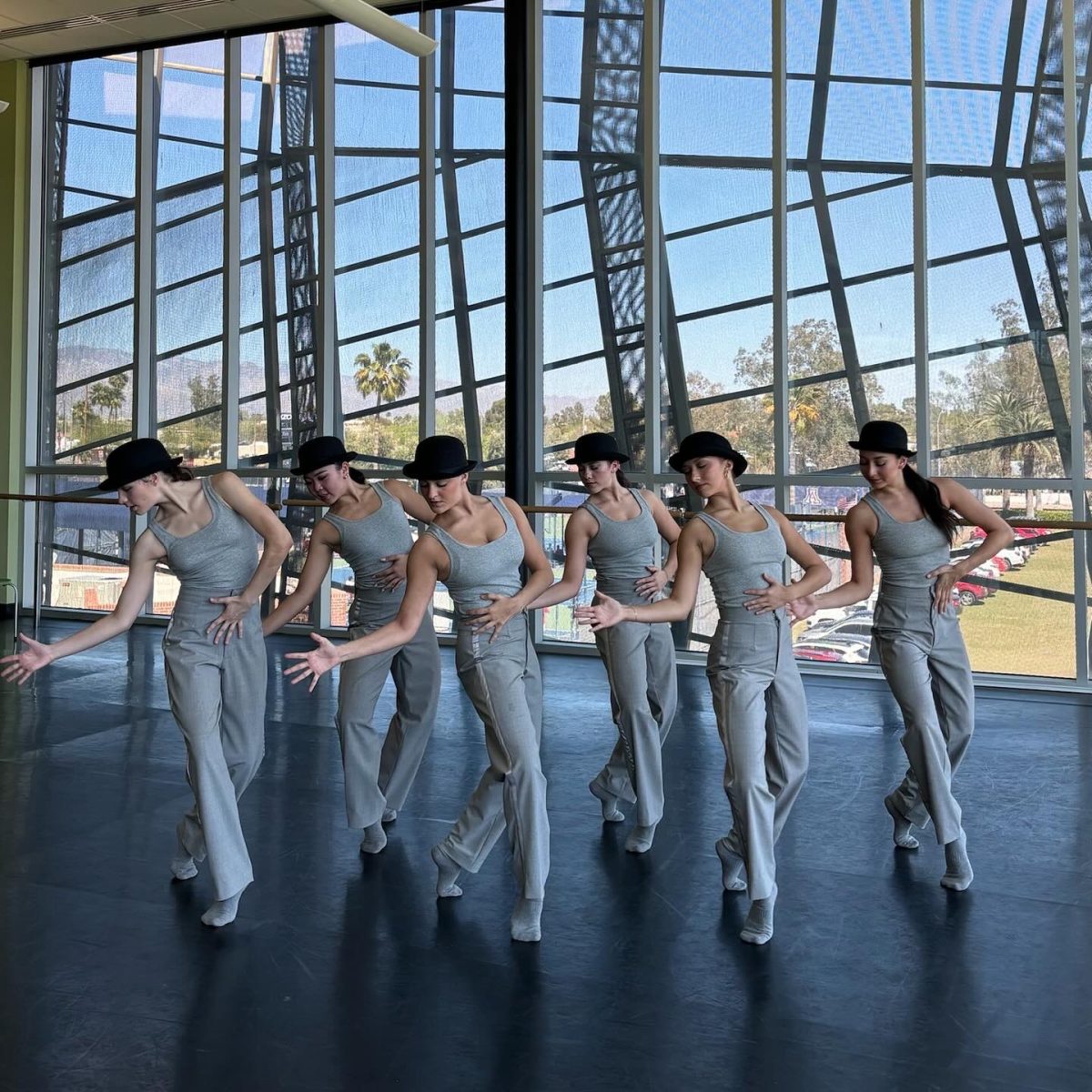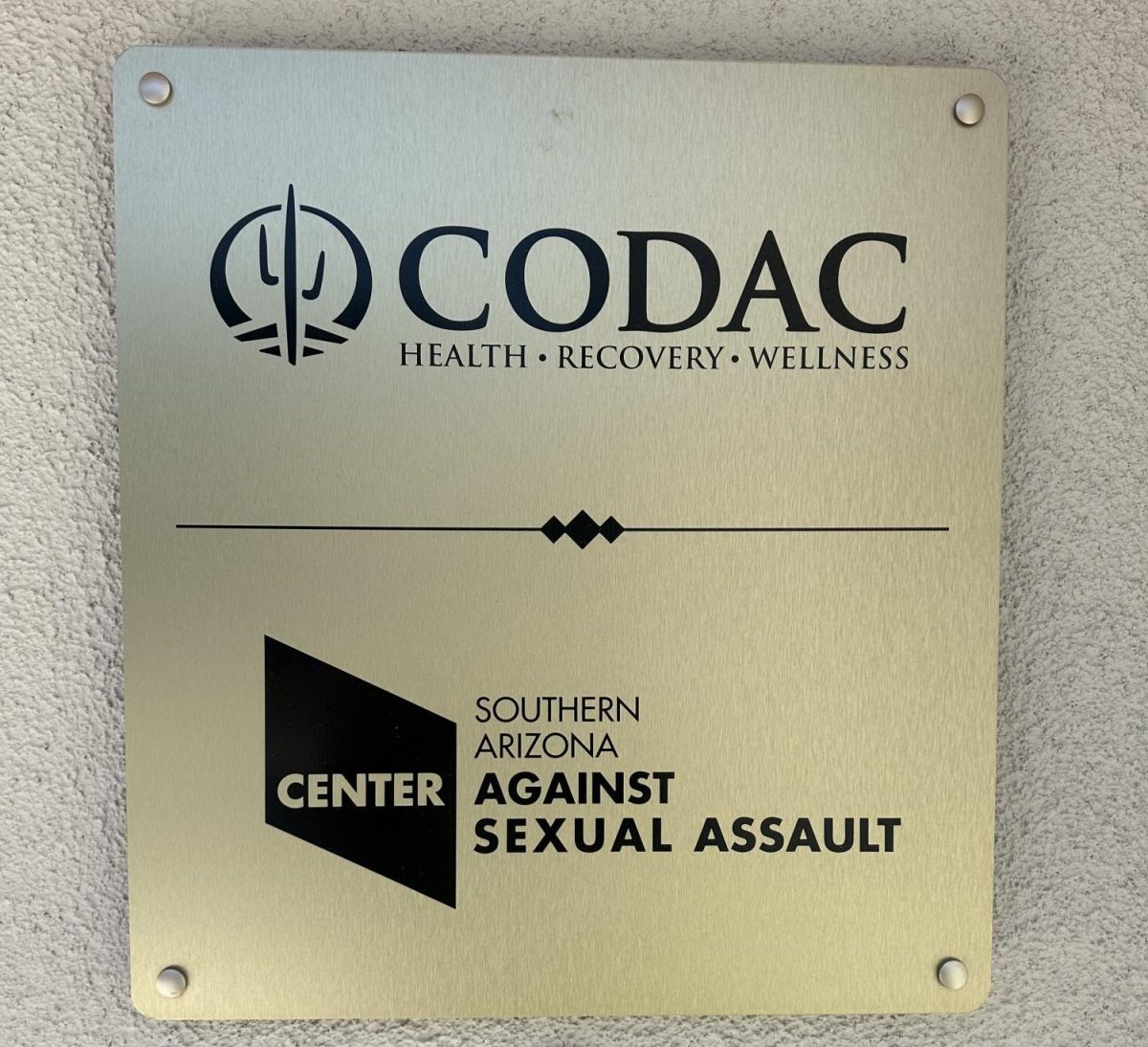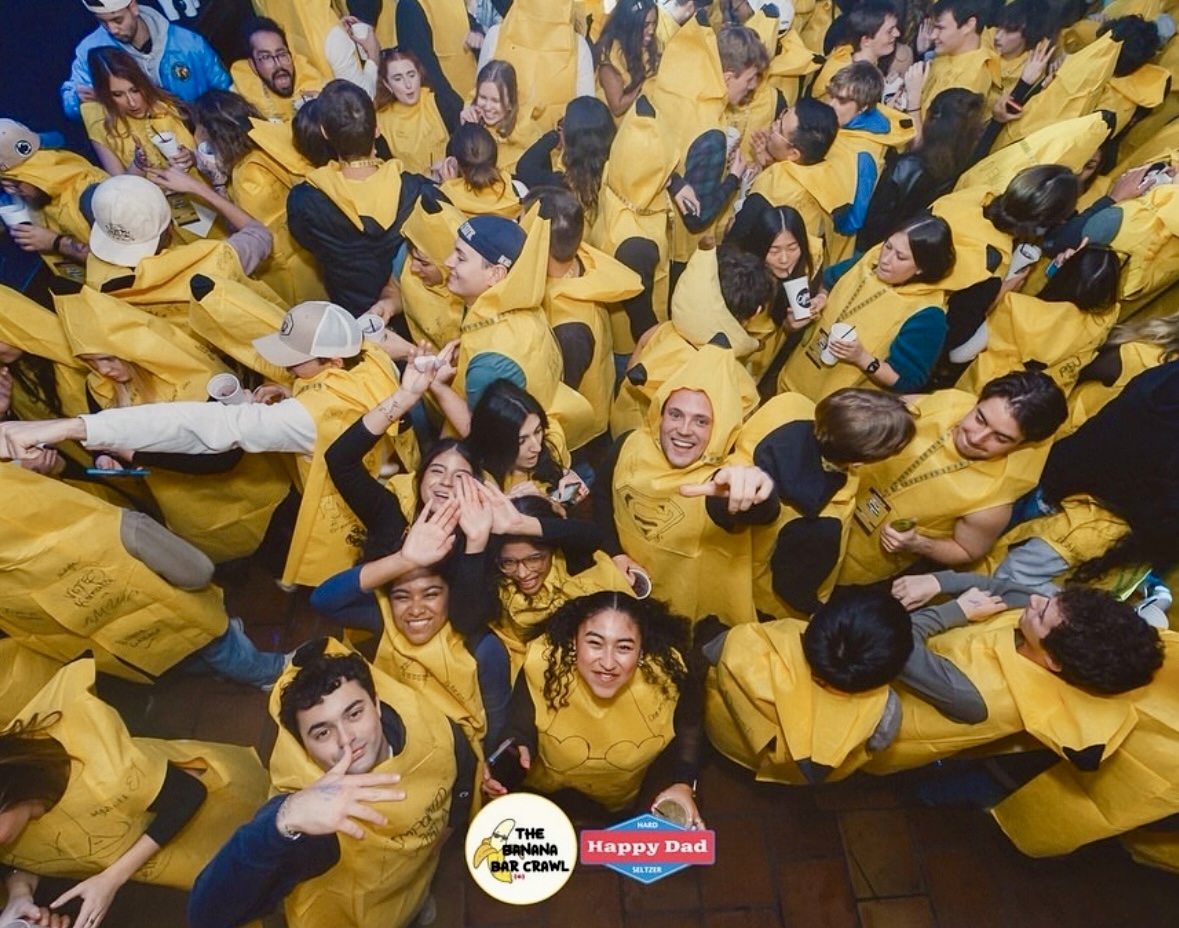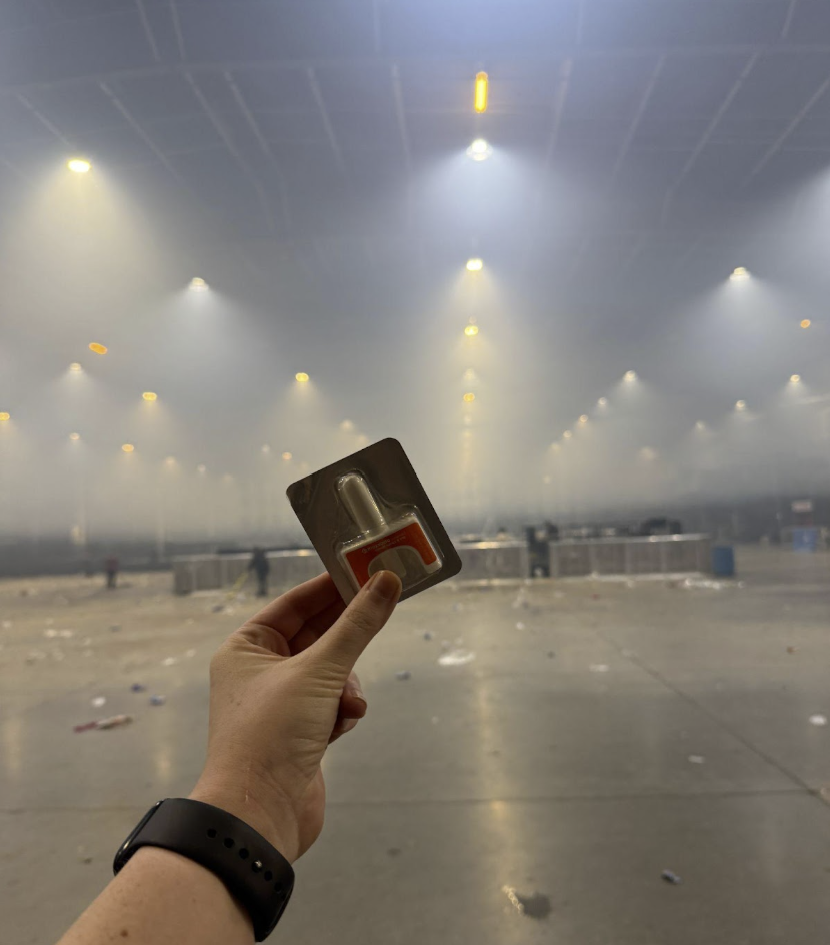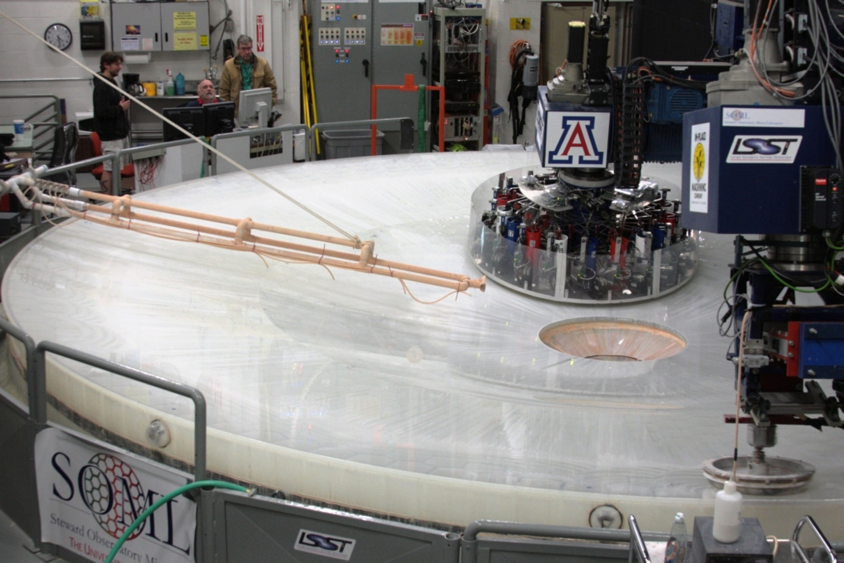For the eighth consecutive year, the United States has been rated a “flawed democracy” by the Economist Intelligence Unit. The nation ranks 29th out of 167, falling between Malta and Israel.
On Oct. 10, faculty from the University of Arizona’s School of Government and Public Policy participated in a roundtable discussion, sharing their opinions on U.S. democracy and whether it is currently under threat.
A majority of the discussion centered around the deeply divided partisan politics in the nation and how that has contributed to our democracy reaching its “flawed” status.
The four panelists from the School of Government and Public Policy – Paul Schuler, associate professor and associate director; Paulette Kurzer, professor and director of the graduate program in international security; and professors Suzanne Dovi and Chad Westerland – aimed to examine the 2024 election in an era of global democratic backsliding.
Democratic backsliding is the gradual decline or erosion of democratic institutions, norms and practices that plays out when governments decrease judicial independence, attack a free press, weaken electoral integrity or dismantle governmental checks and balances.
Dovi said affective polarization, when people feel more positive toward their own political party and more negative toward the opposing party, has been trending out of control.
“We are no longer voting for something, we are voting anti our political opponents,” Dovi said. “That’s really threatening to the legitimacy of our democracy.”
Westerland echoed that sentiment and noted that it is shared among scholars at the School of Government and Public Policy.
“We sort of joke a little bit amongst ourselves that the study of American politics is only the study of polarization these days,” Westerland said. “We can’t talk about anything else, even if we would like to.”
The growth of polarization has contributed to the spread of misinformation facing the country.
“Polarization increases the degree to which people are willing to believe things that are untrue in order to bolster their own side,” Schuler said. “You feel so strongly that your team needs to win, that you are willing to sacrifice democracy.”
Dovi credited that trend to the plethora of media readily available for consumption online.
“I think it’s a kind of intellectual laziness from being overwhelmed with modern life,” Dovi said. “It’s almost like we don’t care anymore if what we believe is true. We would rather just have an answer.”

A student in the audience posed a question to the panelists.
The panel also discussed the potential of the 2024 election being rigged, as some Republicans including Donald Trump have suggested. Westerland said that would be highly unlikely.
“An electoral fraud scheme requires an incredibly in-depth knowledge of how elections work in all 50 states, but also a coordinated effort across all of these different institutions,” Westerland said. “That’s really hard to do.”
Rather, voters should be concerned about changes in election laws around the country that might make it harder for some people to vote.
States including Georgia, Arkansas, North Carolina and Wisconsin have made recent adjustments to voting protocols. This includes the counting of ballots by hand, use of digital IDs at the polling places, legality of ballot drop boxes and use of electronic signatures.
Westerland said that the continued success of our democracy requires action from the people, especially in the Nov. 5 general election.
“I think at the end of the day, American democracy is relatively robust, but it is certainly not a given and it requires active cultivation of the democratic norms of political participation,” Westerland said.
Arizona Sonoran News is a news service of the University of Arizona School of Journalism.




